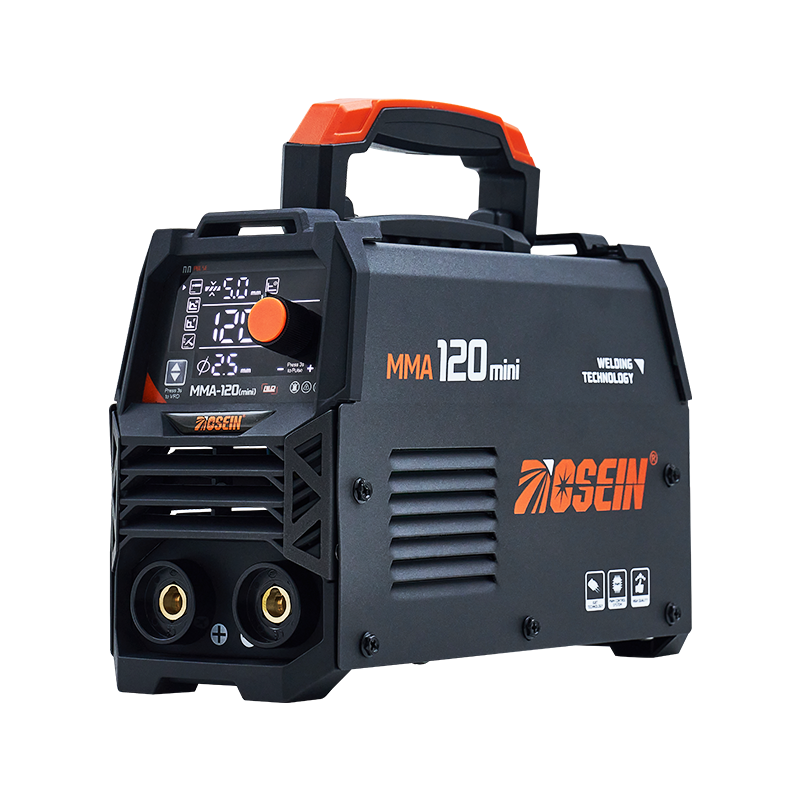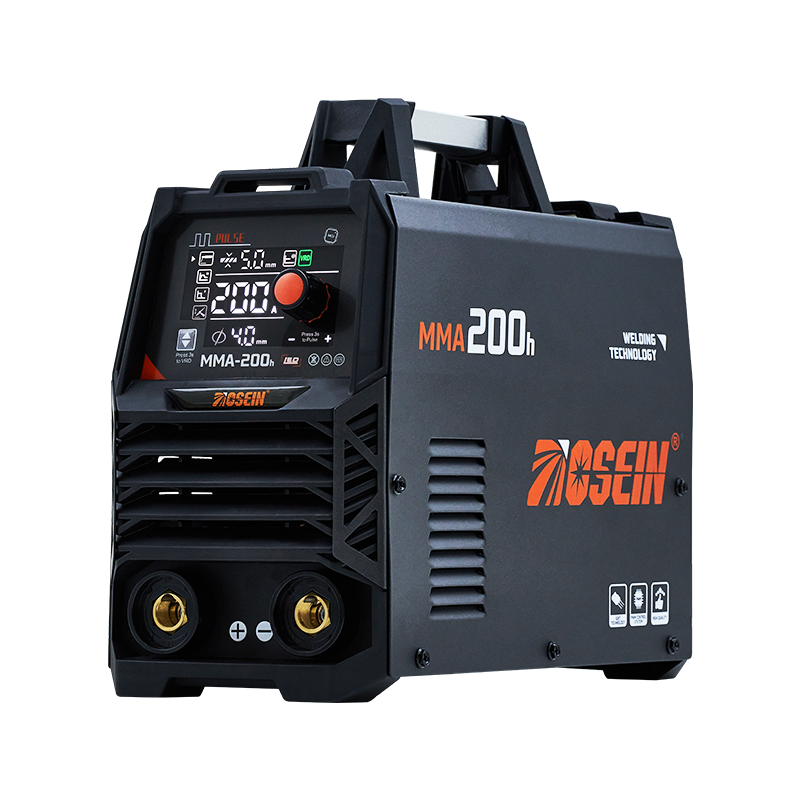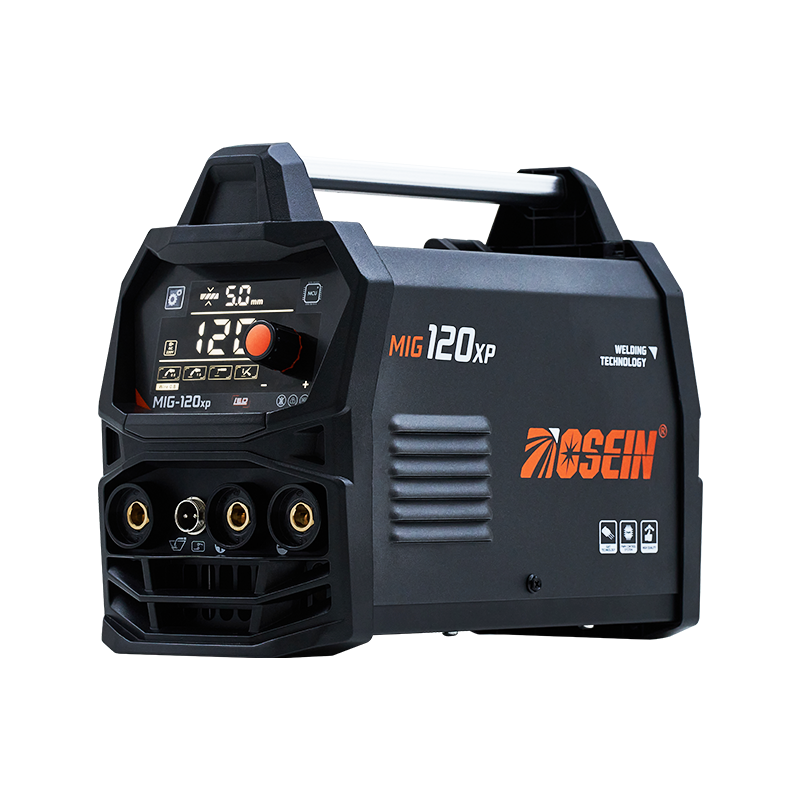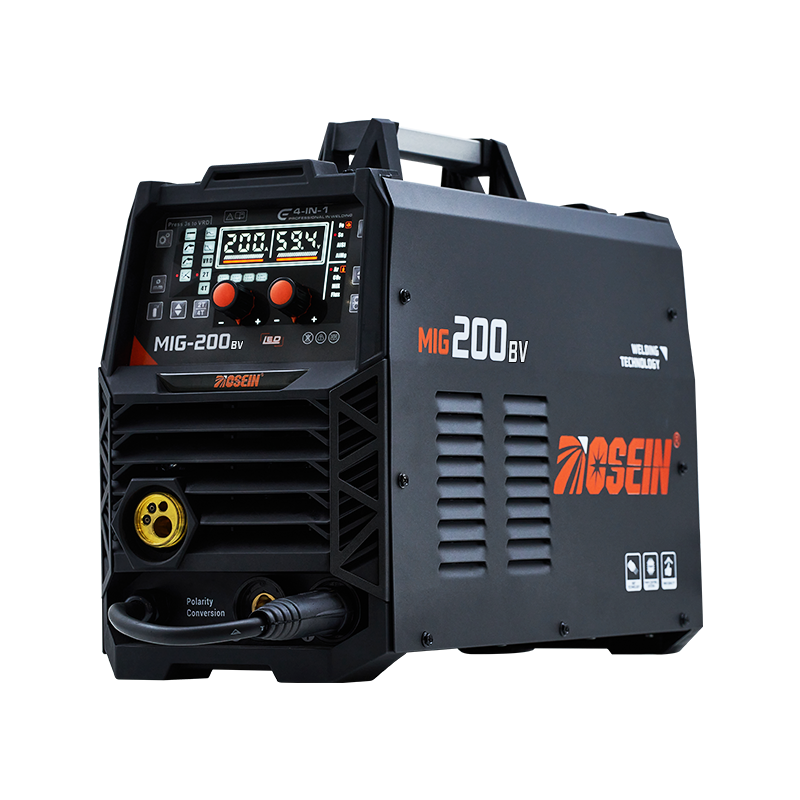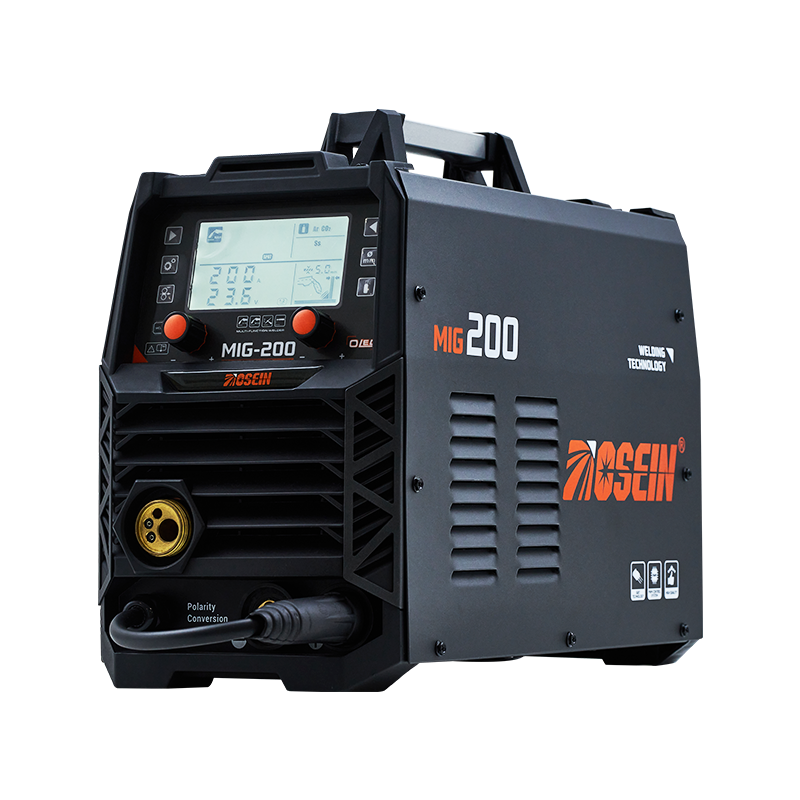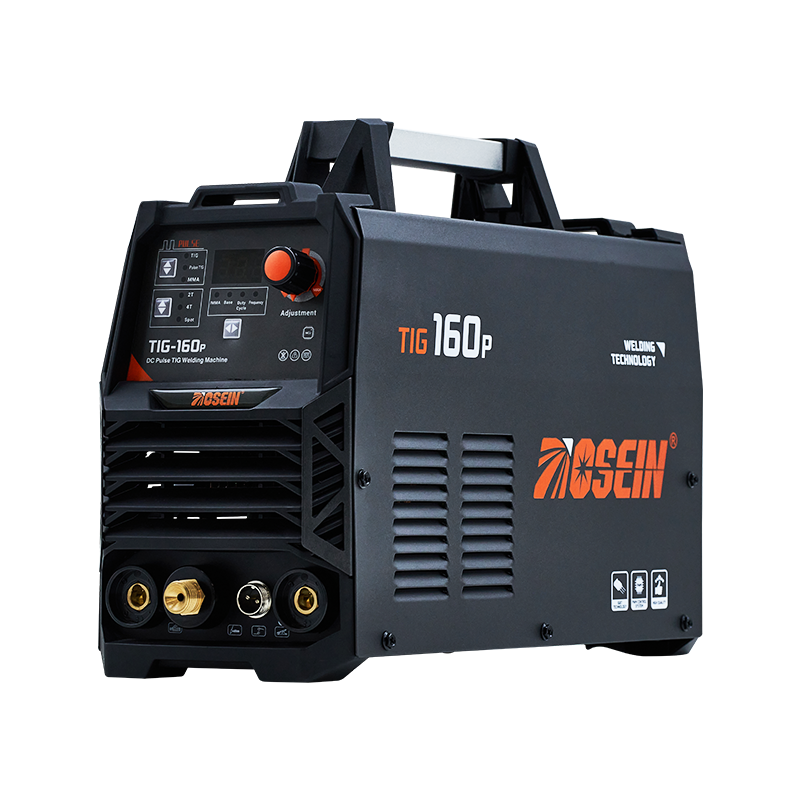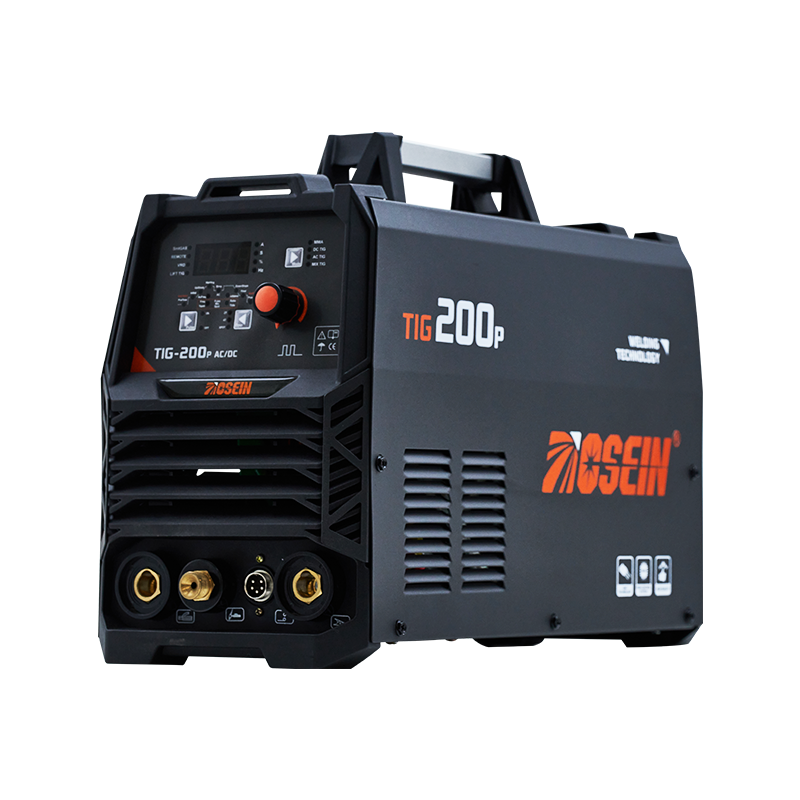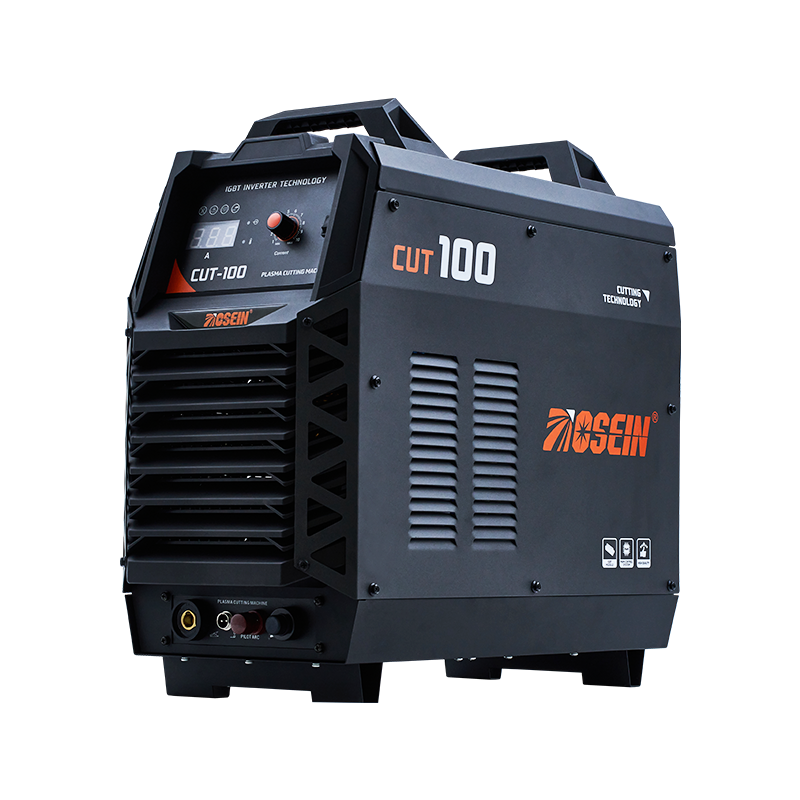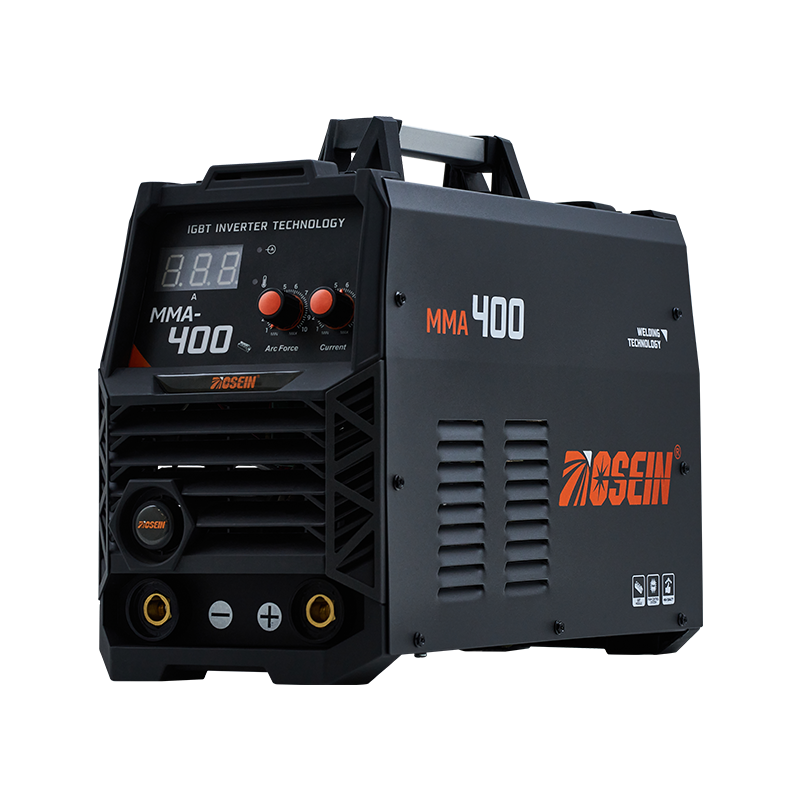
Heavy Duty Welding machines are designed to handle demanding industrial tasks that require continuous operation and consistent performance. Unlike smaller or portable welders, these machines are built to work with thicker materials and higher currents without overheating. This makes them suitable for industries such as construction, shipbuilding, and large-scale metal fabrication. A key advantage of heavy duty welding equipment is its ability to maintain a stable arc, ensuring consistent bead quality even during extended use. This reliability is critical for industrial operations where both productivity and safety are essential.
Features of a Professional Welding Machine
A Professional Welding Machine is more than just a basic power source. It often includes adjustable amperage, dual voltage options, and support for multiple welding processes like MIG, TIG, and ARC. In industrial environments, a professional welding machine enables operators to handle different materials and thicknesses efficiently. The sturdy construction of these machines reduces downtime and maintenance requirements, providing a stable and durable solution for repetitive welding tasks. In addition, many units come with advanced features such as thermal protection, digital controls, and precise current regulation, which contribute to consistent welding quality.
Meeting Industrial Welding Requirements
The term Industry Welding refers to operations that demand reliability, precision, and efficiency on a larger scale. Industrial projects often involve extensive fabrication of steel, stainless steel, and aluminum components, which require machines capable of delivering strong and consistent welds. Industry welding projects cannot afford interruptions caused by equipment overheating or poor performance. Heavy duty welding machines provide the durability and power necessary to complete large-scale work efficiently. They allow operators to maintain a consistent welding rhythm, ensuring that structural integrity and safety standards are upheld across every joint.
Advantages of Heavy Duty Welding in Industrial Settings
One of the main advantages of heavy duty welding equipment is its ability to operate continuously without significant performance loss. This supports high-volume fabrication and reduces project delays. These machines are also designed to withstand challenging environments, including high temperatures, dust, and vibration. This makes them suitable for factory floors, construction sites, and other demanding industrial settings. Professional welding machines ensure consistent weld penetration and bead appearance, which are critical for structural projects and long-term durability.
Another benefit is the adaptability of these machines. Many units allow operators to switch between different welding processes within the same machine. This versatility enables a single heavy duty welding system to manage a variety of tasks, saving both space and operational costs. The ability to weld multiple types of metals with precision makes these machines valuable across a wide range of industrial applications.
Enhancing Efficiency and Quality
Modern professional welding machines incorporate features that improve both efficiency and output quality. Digital controls allow for precise current adjustments, reducing human error and enhancing repeatability. Some models offer pre-set welding programs that can be applied to recurring tasks, saving setup time and improving workflow. This combination of durability, versatility, and control ensures that industry welding operations can maintain consistent output without sacrificing quality.
Heavy duty welding machines are essential tools for meeting the complex demands of industrial operations. By offering robust construction, high-performance output, and versatile functionality, these machines support industry welding projects that require reliability, precision, and efficiency. A professional welding machine ensures that large-scale fabrication and maintenance tasks can be completed with consistent quality while minimizing downtime and equipment wear. For industrial workshops, construction sites, and metal fabrication businesses, investing in heavy duty welding equipment provides the stability and adaptability needed to handle challenging projects confidently.
